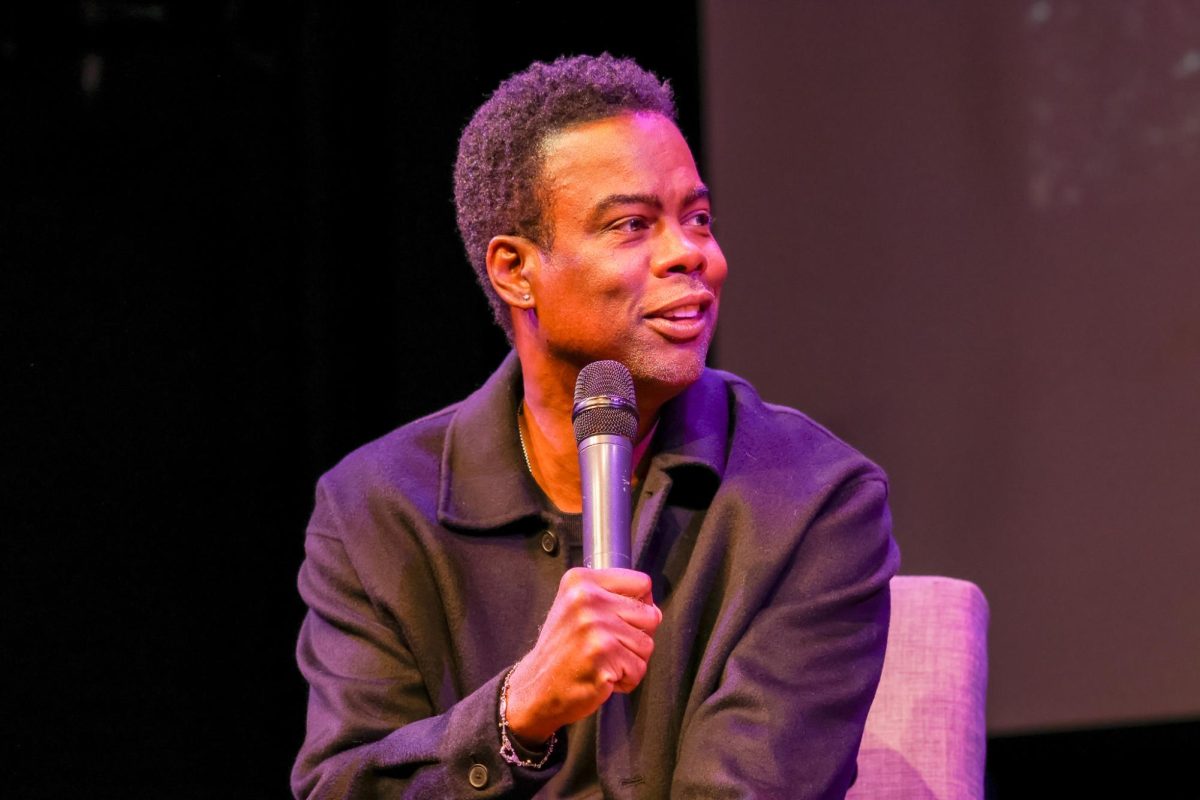The Washington Post ranked Harvard-Westlake the 91st most challenging high school in the country in its annual Challenge Index on May 5, which is based on Advanced Placement courses.
The list is compiled by dividing the number of AP, International Baccalaureate and Cambridge tests offered each year by the number of graduating seniors. Schools that reach a 1.00 ratio make the national list. A charter school in Arizona, BASIS Phoenix, ranked number 1 with a ratio of 26.25. Harvard-Westlake achieved a ratio of 6.59.
The education columnist who started the list, Jay Mathews, wrote in his explanation of the index that he decided to not count passing rates on these standardized tests – for AP courses that’s considered a three or above – since some schools only allow top students to take those tests to keep rates “artificially” high. He said ranking schools by AP or IB courses offered is telling, since research has indicated students who score below passing levels do “significantly better” in college than students who took the non-AP course.
In June 2016, Mathews wrote a column describing how AP courses, though demanding for some more average students, were ultimately beneficial for those students in that “they learned more than they would have in a non-AP course.” The point of the Challenge Index, he said in his May column, is to “identify schools that have done the best job in persuading average students to take college-level courses and tests.”
This ranking comes after the Faculty Advisory Committee proposed limiting the number of AP courses students can take per year, as well as unweighting GPAs. The FAC nearly unanimously voted to make the recommendation, with only one department voting against the change.
As of February 14, two juniors received 169 signatures on their petition challenging the limit. The Board of Trustees and President Rick Commons still need to consider and approve the policy before it goes into affect.
“I know that Mr. Commons is in favor of our recommendation, but still he needs to consider it and discuss it with the Board,” FAC Chair and math teacher Kent Nealis said.






























